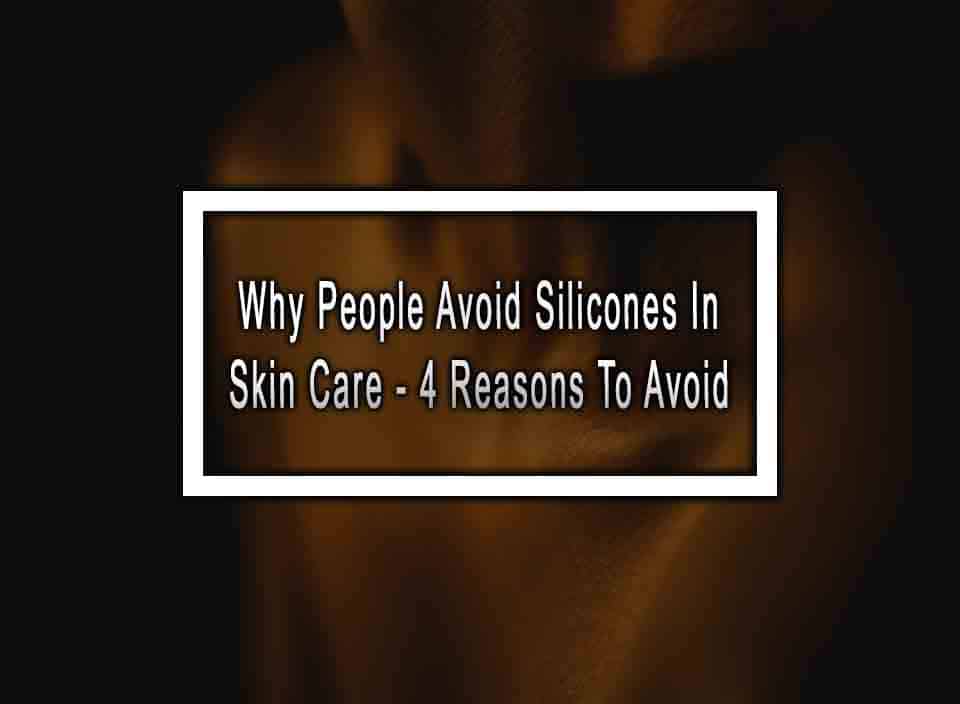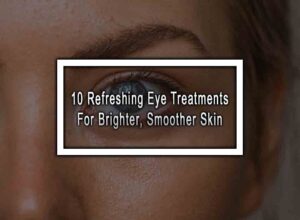Table of Contents
ToggleWhy People Avoid Silicones: Are Silicones a Friend or Foe?
Silky smooth skin is a dream for many, and the skincare industry offers a myriad of products to help achieve this goal. However, a growing number of people have started avoiding a particular ingredient in their skincare routine – silicones. While some claims about the negative effects of silicones on the skin have gained popularity, it’s important to separate fact from fiction. In this article, we debunk common myths about silicones and shed light on why people are choosing silicone-free alternatives for their skincare needs.
1. Silicones Clog Pores and Cause Acne
Contrary to popular belief, silicones do not clog pores or cause breakouts. These synthetic compounds, such as dimethicone, create a protective barrier on the skin, helping to prevent external irritants from entering and reducing moisture loss. Dermatologists often recommend silicone-based products for individuals with acne-prone or sensitive skin due to their non-comedogenic properties.
2. Silicones Prevent Skin from Breathing
Many mistakenly believe that silicones suffocate the skin, preventing it from “breathing.” However, the molecules in silicones are actually larger than the skin’s pores, allowing adequate oxygen exchange. Silicones contribute to a smoother appearance, helping makeup to glide on effortlessly, while still allowing the skin to function properly.
3. Silicones Are Harmful to the Environment
Silicones are often criticized for being harmful to the environment due to their synthetic nature. However, it is essential to understand that not all silicones are created equal. Many cosmetic-grade silicones are biodegradable or have a low ecological impact. Moreover, the amount of silicones used in skincare products is typically minimal, making their environmental impact negligible.
4. Personal Preference and Texture Play a Role
While silicones are generally safe for most people, personal preference and texture play an essential role in skincare choices. Some individuals simply do not enjoy the texture that silicones provide and prefer lightweight alternatives or water-based formulations. Remember, choosing skincare products should be based on your individual needs and preferences.
Conclusion
Why People Avoid Silicones In Skin Care – In the pursuit of healthier and more radiant skin, it is crucial to stay informed and make choices based on reliable information. Although silicones have faced some unwarranted backlash, the truth is that they are safe, effective ingredients in skincare products. Understanding the facts helps debunk common myths about silicones and enables individuals to make informed decisions about their beauty routine.
People Avoid Silicones In Skin Care FAQ
Here are the most common questions about why people avoid silicones in skin care.
1. Can silicones cause skin irritation?
Silicones are generally considered safe and non-irritating for most people. However, some individuals may be more sensitive to certain types of silicones and may experience skin irritation or allergic reactions. It is recommended to perform a patch test before using any skin care product containing silicones.
2. Are all silicones bad for the skin?
Not all silicones are bad for the skin. Some silicone derivatives, such as Dimethicone and Cyclomethicone, are commonly used in skin care products and are well-tolerated by most individuals. However, other types of silicones, like certain dimethicone or cyclopentasiloxane, can be more occlusive and potentially cause issues for those with acne-prone or sensitive skin.
3. Can silicones clog pores?
Silicones are non-comedogenic by nature, meaning they do not clog pores. However, some individuals may find that specific types or high concentrations of silicones can feel heavy or occlusive on the skin, which can contribute to the appearance of clogged pores or acne breakouts in certain individuals.
4. Can silicones be harmful to the environment?
There have been concerns raised about the potential environmental impact of silicones. Some silicones are non-biodegradable and may persist in the environment for a long time. Additionally, certain silicones require high-energy production processes, which can contribute to greenhouse gas emissions. However, the overall environmental impact of silicones in skincare is still a topic of debate and research.
5. Are there alternatives to silicones in skincare?
Yes, there are alternative ingredients that can provide similar benefits to silicones in skincare. Some common alternatives include natural emollients like plant oils and butter (such as shea butter or jojoba oil), as well as various plant-based polymers or extracts that can enhance the texture and feel of skincare products.
It’s important to note that the decision to avoid or use silicones in skincare is a personal preference, and individuals should choose products based on their own skin type, concerns, and values.












